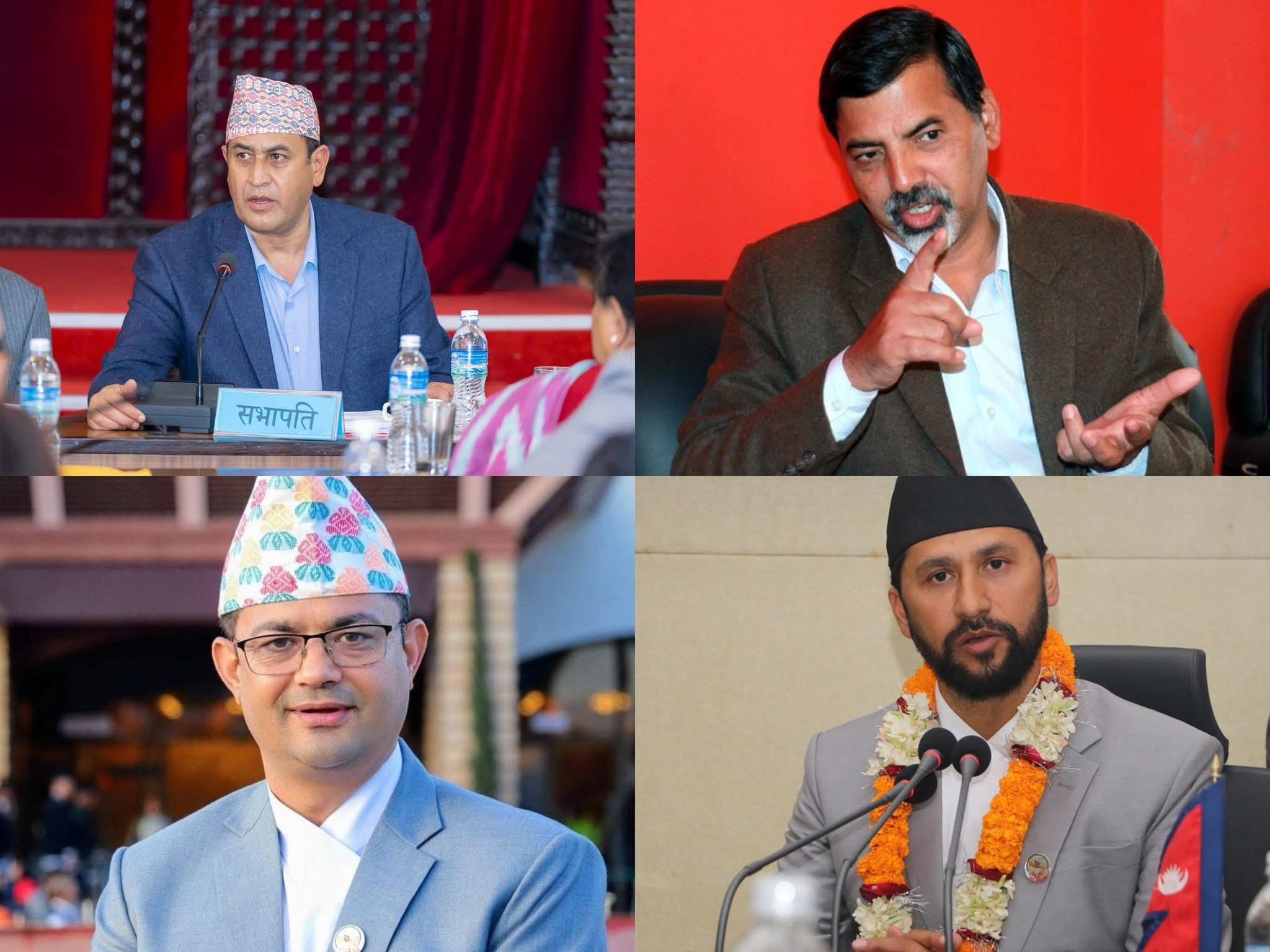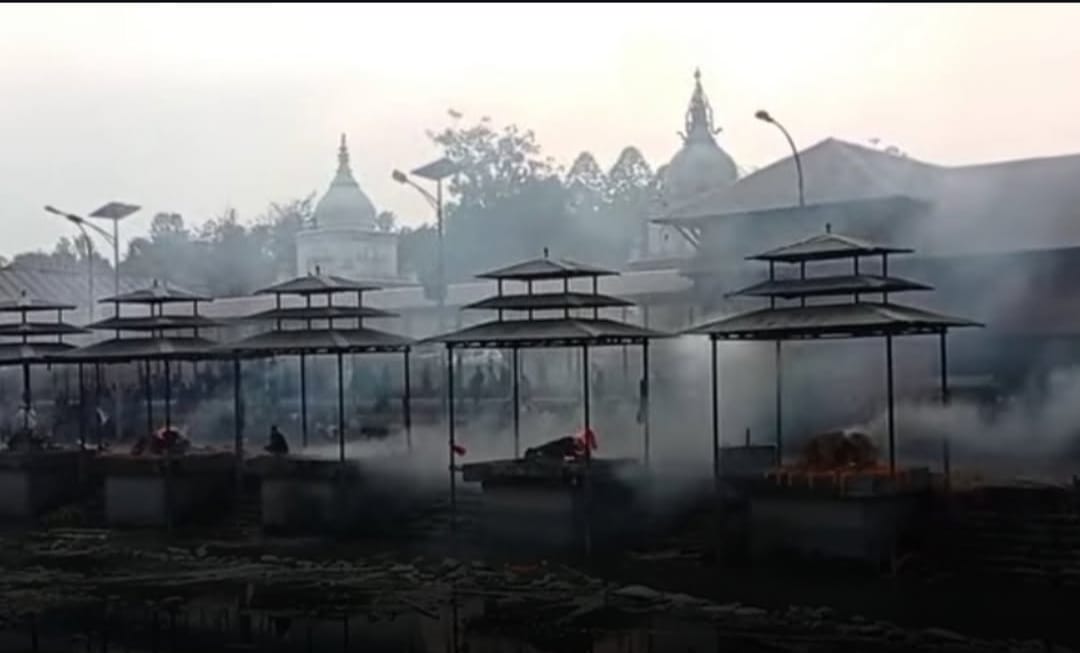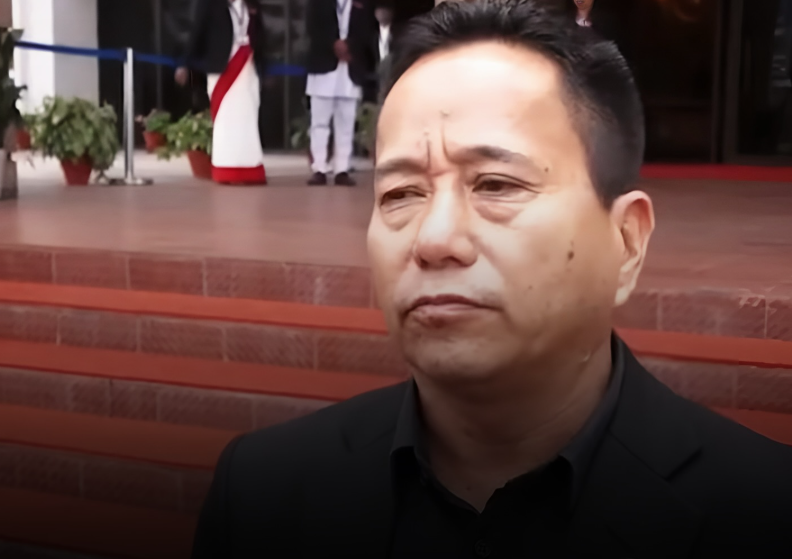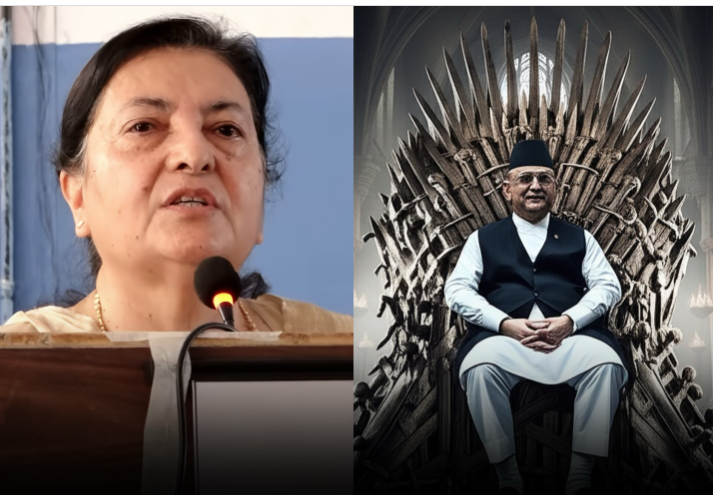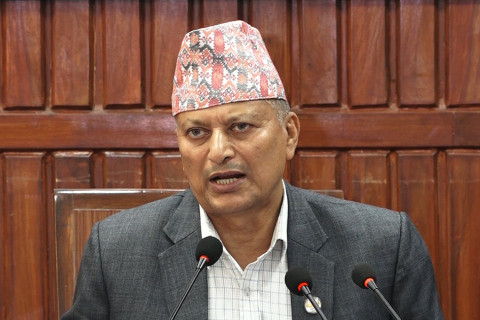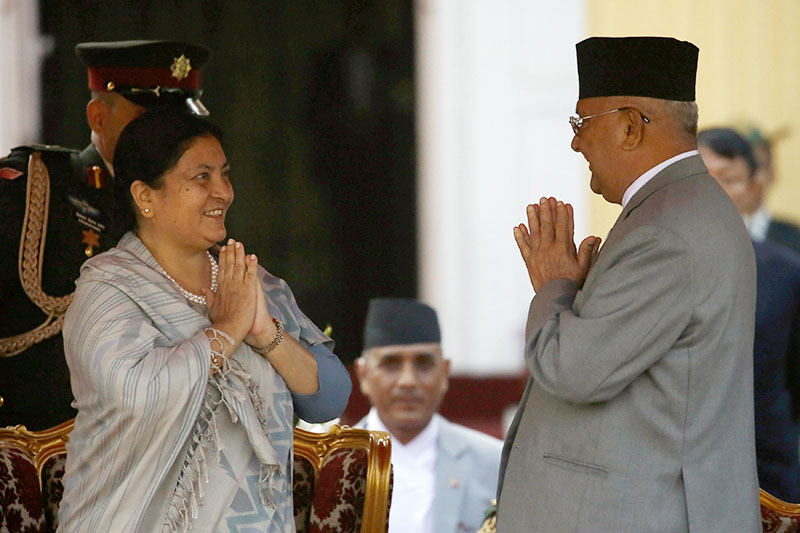A political firestorm is sweeping Nepal, and at its center is Committee Chair Ramhari Khatiwada, a figure now embroiled in controversy. Accusations of manipulation of a key piece of legislation and misleading lawmakers have ignited demands for his resignation from major political parties and sparked a wave of public outrage on social media. The question echoing across the nation is simple yet piercing: if Khatiwada can deceive elected representatives, what might he do to the people of Nepal?
The uproar began with the Civil Service Bill, a significant piece of legislation meant to regulate the operations and service conditions of Nepal’s civil servants. As the Chair of the State Affairs and Good Governance Committee, Khatiwada played a pivotal role in shaping this bill. On June 16, 2025, he tabled the bill in the House of Representatives, assuring lawmakers that it had been thoroughly reviewed through 47 meetings, including 27 subcommittee sessions. The bill included a controversial two-year cooling-off period, requiring civil servants to wait before taking other employment after retirement or resignation. Khatiwada emphasized that the committee had made every effort to align the bill with constitutional principles.
However, cracks in this narrative emerged when it was revealed that a key clause in the Civil Service Bill had been altered without parliamentary consensus. On June 30, 2025, Khatiwada admitted to reporters at Singha Durbar that a phrase confusing—“except other appointments made by the Government of Nepal”—had been corrected before the bill was sent to the National Assembly. This admission raised eyebrows. How could such a significant change slip through without broader agreement? Lawmakers from multiple parties, including the ruling Nepali Congress, the CPN (Maoist Centre), the Rastriya Swatantra Party (RSP), and even the CPN-UML, accused Khatiwada of manipulation of the cooling-off period provision and misleading them about the bill’s contents.
The backlash was swift. On July 1, 2025, posts on X captured the growing public outrage. The Maoist Centre and RSP publicly demanded Khatiwada’s resignation, with the former citing the unauthorized alteration as a breach of trust. One X user, @ManishJhaOffice, directly called out Khatiwada, urging him to either fix the issue or step down for his “incompetence.” Another user, @bishodip, questioned whether merely correcting the clause was enough, demanding an investigation into how and why the change occurred. The sentiment online was clear: the public felt betrayed, with many asking how someone in Khatiwada’s position could undermine parliamentary processes.
This isn’t the first time Khatiwada has faced scrutiny. Just days earlier, on June 28, 2025, the Nepali Congress MP demanded an investigation into Sumire Tour and Travels, accusing the agency of defrauding thousands of Nepalis by collecting billions of rupees under the pretext of visit visas to Japan. His call for accountability in that case earned him praise, but it also highlighted his outspoken nature, which some now see as a double-edged sword. Critics argue that his handling of the Civil Service Bill undermines his credibility as a champion of justice.
The controversy has exposed deeper tensions in Nepal’s political landscape. The Civil Service Bill was already contentious, with civil servants protesting its provisions. Uttam Katwal, acting chair of the Nepal Civil Service Union, accused the committee of ignoring their concerns despite multiple discussions. The revelation of the altered clause has only fueled these grievances, with many seeing it as evidence of a lack of transparency in governance. The bill, passed by the House of Representatives on June 29, 2025, and set for final approval on July 15, 2025, is now under intense scrutiny.
Khatiwada’s defenders argue that the correction was a minor fix and that the Civil Service Bill’s overall integrity remains intact. They point to the extensive deliberations—over 1,530 amendments were reviewed—as evidence of the committee’s diligence. However, this defense has done little to quell the public outrage. The Maoist Centre, RSP, and even some members of Khatiwada’s own Nepali Congress have joined the chorus calling for his resignation, signaling a rare cross-party consensus. The UML, a major opposition party, has also voiced concerns, further isolating Khatiwada.
On social media, the public’s reaction has been visceral. X posts reflect growing distrust in political leadership, with users questioning the integrity of those in power. The phrase “if he can deceive MPs, what might he do to the people?” has become a rallying cry, capturing fears that such actions could erode public trust in governance. This sentiment is particularly potent in a country where parliamentary disputes are already common, often stalling critical legislation like the national budget.
The broader context of Nepal’s political climate adds fuel to the fire. Recent months have seen other controversies, including opposition demands for Home Minister Ramesh Lekhak’s resignation over a visit visa scam and the suspension of lawmakers in corruption cases. These incidents have heightened public outrage with perceived inefficiencies and ethical lapses in governance. Khatiwada’s case, though centered on a specific legislative issue, has become a lightning rod for these broader concerns.
As the scandal unfolds, the pressure on Khatiwada continues to mount. His role as Committee Chair, once seen as a position of influence, now hangs in the balance. The calls for his resignation are not just about one altered clause but about accountability and trust in Nepal’s democratic institutions. The public and lawmakers alike are watching closely, demanding answers and action. Whether Khatiwada can weather this storm or will be forced to step down remains uncertain, but the controversy has already left a Nepal politics, mark on Nepal’s political landscape. The nation waits to see if this episode will lead to meaningful reform or deepen the divide between its leaders and its people.

